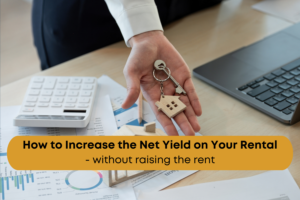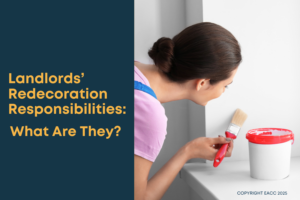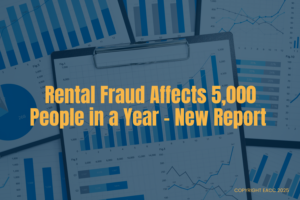Suffolk is a popular destination for those looking for holiday homes, but owners of second homes who have previously used a tax loophole to avoid paying council tax on such properties will be facing a change.
The Department of Levelling Up, Housing and Communities are introducing changes that will target property owners who take advantage of the current system whereby owners of second homes in England can avoid paying council tax and access small business rates relief by declaring an intention to let the property out to holidaymakers. These homes however may never be let out and are empty, other than for the owner’s personal use, but they unfairly benefit from the tax break.
From April 2023 changes are being introduced to the tax system so that second homeowners must pay council tax if they are not genuine holiday lets. To be a genuine holiday let, the owners will need to prove that the property is available to rent for 140 days a year.
At the announcement Housing Secretary Michael Gove said “the government backs small businesses, including responsible short-term letting, which attracts tourists and brings significant investment to local communities. The action we are taking will create a fairer system, ensuring that second homeowners are contributing their share to the local services they benefit from.”
But will second homeowners be encouraged to let their property to holidaymakers and are some who invested in holiday homes over the past two years because of the pandemic having second thoughts on their second homes?
It is true that holiday properties, because of the high turnover of people staying, must endure greater wear and tear than an assured shorthold tenancy. Redecoration and repair costs cannot be ignored and as a holiday let will be fully furnished breakages and replacements must be considered too.
Unless an agency looks after the letting, a holiday property will obviously also involve a lot of work with potentially weekly changeovers and the cleaning, laundry and general upkeep that this involves. There will also be cases where emergencies are to be dealt with – whether it is lost keys or appliance breakdown, heating or plumbing problems.
As well as council tax and the close of the loophole, landlords of holiday properties also pay all utility bills, which may mean that those staying don’t necessarily act as energy efficiently as they might in their own home, meaning larger bills than a standard home would have.
Unlike an assured shorthold tenancy, those with holiday homes will also potentially face more periods when the property is empty, especially during out of season times. The pandemic too took its toll as the various lockdowns meant more vacant times than ever before.
If you have a property and would like to explore the options of letting it on an assured shorthold basis and what kind of return you could expect to realise, please do not hesitate to contact me as I am more than happy to advise.






